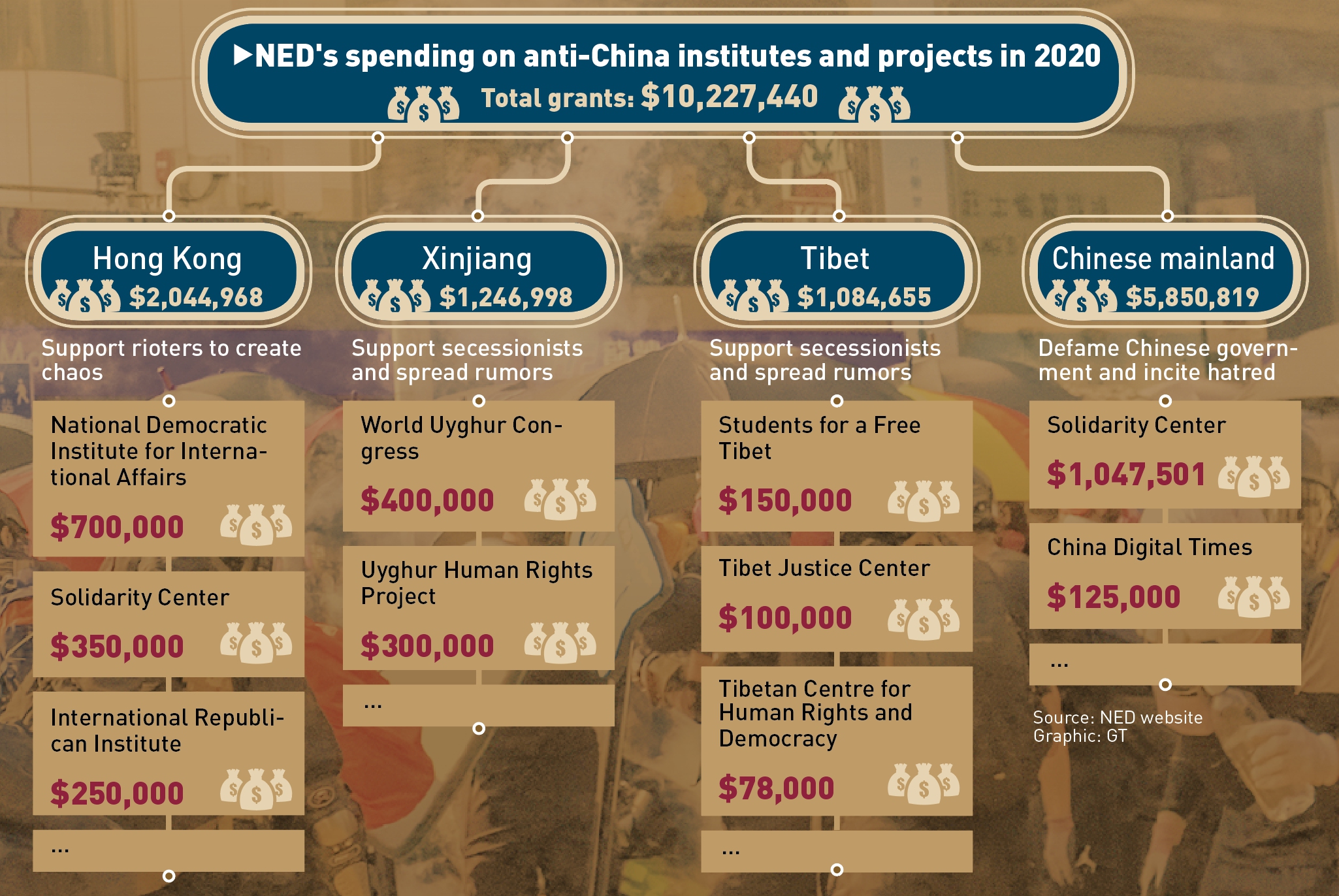Best Aircon Temperature
In Singapore, the temperature always remains high; humidity never allows you to feel comfortable. In fact, many times, you can’t even sleep properly unless you have an Aircon in your home that can maintain the temperature for you. But if you want to get better sleep at night, you need to get an Aircon temperature at an optimum level.
That also means you need to find the best Aircon temperature for night sleeping. Experts recommend that 25 degrees is the best Aircon temperature for night sleeping and suggest you set your Aircon as well on this temperature.
Sure, you may ask what is so special about 25 degrees centigrade and why this is the best Aircon temperature for night sleeping. If you have these questions, then here is an answer for you.

Experts researched and found that if you set Aircon temperature between 23 to 24 degrees C and keep the air humidity level at 60 percent or close to that, it will give you a very comfortable environment. At this temperature, your body’s internals neither feels very cold nor does it feel hot.
That means you will have the utmost comfort and help you get a comfortable sleep without any issue. If you keep the temperature lower than this, you would feel cold, and coldness can induce your urination. That means you would have to go to the bathroom again and again for urination, and that would disturb your sleep.
But if you will set your Aircon temperature at 25 degrees C, you would not feel either much cold, or you would have for the urination in a quick time. Other than this, if you get comfortable to sleep, you don’t wake up again and again at night, then you would have a more refreshed condition in the morning, and you would be able to have the much better working capability well in in the next day work.
Save electricity

Aircon consume a lot of electricity, and if you can set the Aircon temperature at 25 degrees C, you can save at least 20% money as well in the cooling. Energy experts already proved this fact that if you increase the temperature of AC only by 2 degrees, then it can slash up to 30% electricity bill.
That means reducing the Aircon temperature further than 25 degrees C will not only affect your sleep, but it will affect your pocket as well. So, if you want to have a perfect sleep and don’t want to have a hole in your pocket because of your comfortable sleep, keeping this temperature would be a good idea for you.
In this way, you would not only save money for yourself, but you would save nature as well. That makes it one more reason to set the Aircon temperature at 25 degrees C during your sleep instead of choosing any lower temperature compare to this one.
Lesser load on your aircon
When you run your Aircon at lower temperatures, it will have to work harder to reach that temperature. Most of the Aircon does not take many loads to reach the given temperature, but going any further low than this causes extra load on the Aircon.
Sometimes, the Aircon temperature may not reach there at all, and if it reaches there, it needs to struggle very hard to maintain that temperature. If you set a lower cut off temperature, then your Aircon compressor will keep flipping in on and off situation.
On the other hand, if you set a slightly higher temperature for the Aircon, you would have fewer worries about the cut-off. It will cut off in a good interval, and it will not create any problem for you either.
You don’t have to deal with the cut off the sound and the frequency interval that you may need to face; you set the aircon temperature at a very lower rate.

It will save you money
If you are consuming less electricity during your sleep, then you automatically save money. That is no brainer, and I should not talk about that with you in any manner. But that is not the only way of saving money by setting your
Aircon temperature at a slightly higher position. When you set the temperature at a higher setting, it gets a lesser load the Aircon system problems to your Aircon. You ignore to consider that while using the Aircon, but if you checked it carefully, you would realize how much money you can save just by increasing the Aircon temperature during your sleep.
If we talk about the reasons or benefits that can encourage you to choose this temperature during your sleep instead of choosing a lower one.
Here, some people can also claim that increasing Aircon temperature can affect their sleep as they are habitual to that particular lower temperature. Ideally, it should not make any difference to you in anyways. However, you may have a mental blockage that may restrict you from sleeping properly with a sudden increase in temperature.
If that is the case, then I would suggest you increase the temperature gradually. For example, if you sleep at 18 degrees C temperature, you should not instantly set it to 25. Instead of that, you should first make it 19 degrees for a couple of days.
After that, you can make it 20, then 23, and then 25. If you did that gradually, you would not face any trouble sleeping, and you would be able to get over your mental blockage.
If we talk about the perfect Aircon temperature to sleep at night, then 25 degrees C is the only suggestion you would get from experts. Some people can also increase this number by one degree, and some can reduce it by one degree. They may have this opinion based on their experience, but this is certain they would remain close to that number, which explains my point as well for the same.







